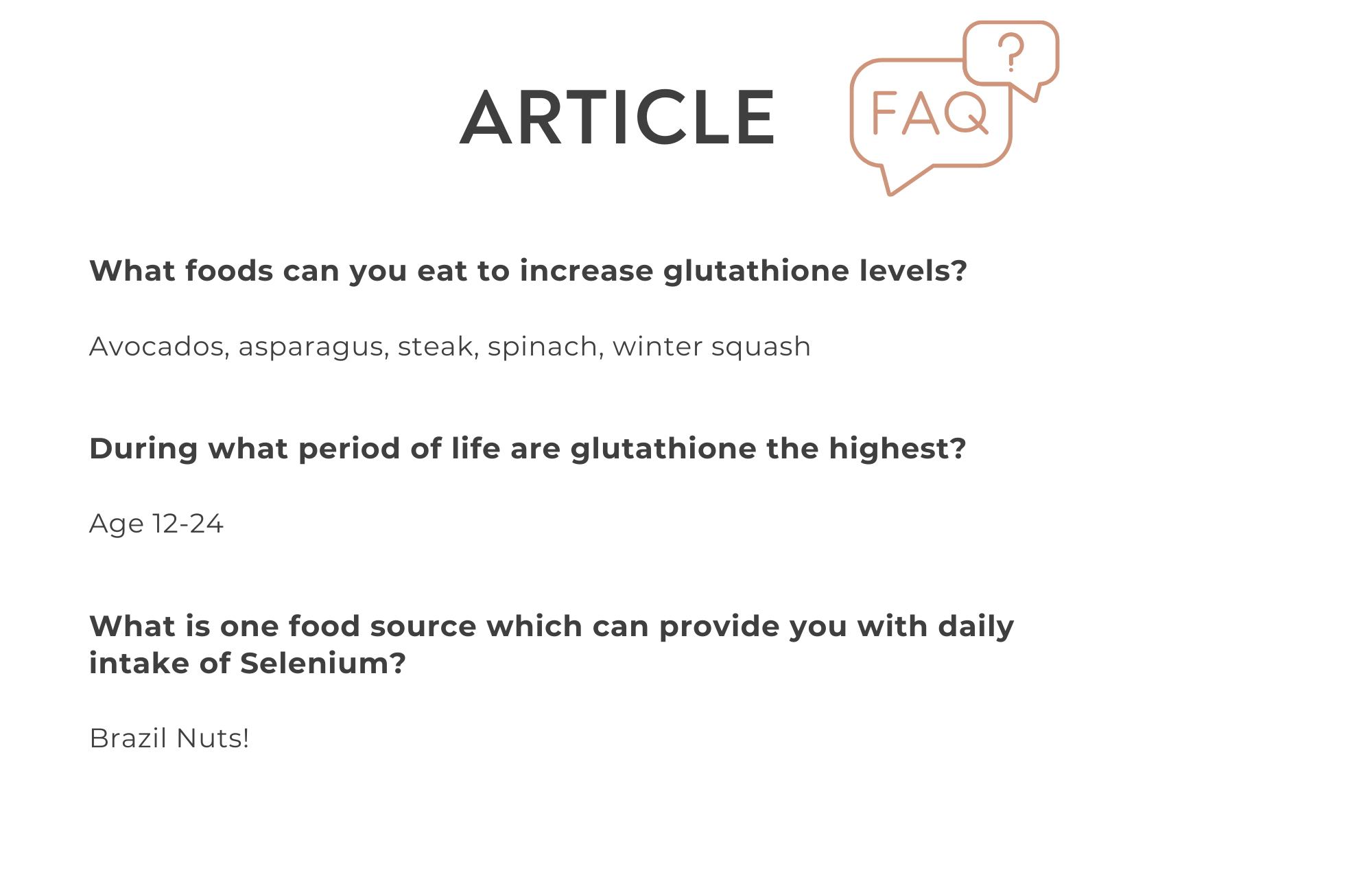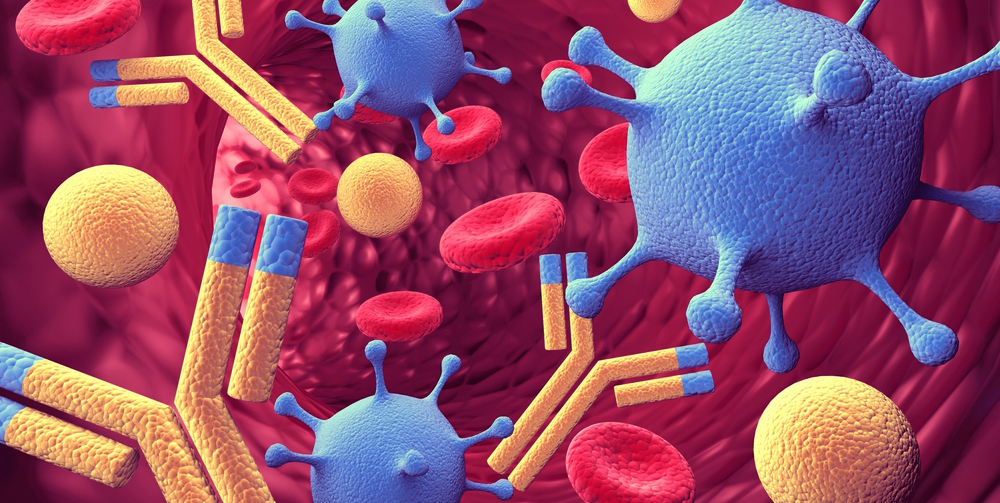
The holidays are a whirlwind of joy, gatherings, lights, and feasts. But as decorations come down and the new year begins, many people feel a slump instead of a fresh start. This “holiday hangover” shows up as exhaustion, irritability, or sadness when the festive magic fades and real life speeds back up. It’s common, and you’re not alone. Here’s what it is, why it happens, and how to ease back in.

Think of your body and mind as a battery drained by holiday excitement, late nights, rich foods, and constant activity. When it all stops, you may crash—feeling tired, unmotivated, or overwhelmed by returning routines. It’s not a medical diagnosis but a natural response to shifting from celebration to daily life. Symptoms can last days or weeks.

Holiday schedules disrupt sleep, eating habits, and routines. Staying up late, indulging in sweets and alcohol, and juggling social obligations can leave your body physically depleted. Emotionally, the transition is stark: warm gatherings give way to quieter homes, financial pressure from holiday spending, and the stress of resolutions that can create guilt when you slip up.
For some, unresolved family tensions or loneliness linger after the holidays. Short winter days can amplify low moods, while work and school responsibilities pile up quickly in January.

Physically, you may feel fatigue that coffee doesn’t fix, headaches from disrupted sleep, or lowered immunity. Mentally, irritability, low motivation, trouble focusing, and a sense of emptiness are common. It may resemble mild depression in more intense cases. Relationships can feel strained if you’re withdrawn or short-tempered. The good news: it’s temporary.

Anyone can experience it, but those juggling caregiving, demanding jobs, tight finances, or heavy holiday responsibilities often feel it more. Women may carry additional emotional load from planning and hosting. People with a history of anxiety or mood shifts may notice flare-ups.























